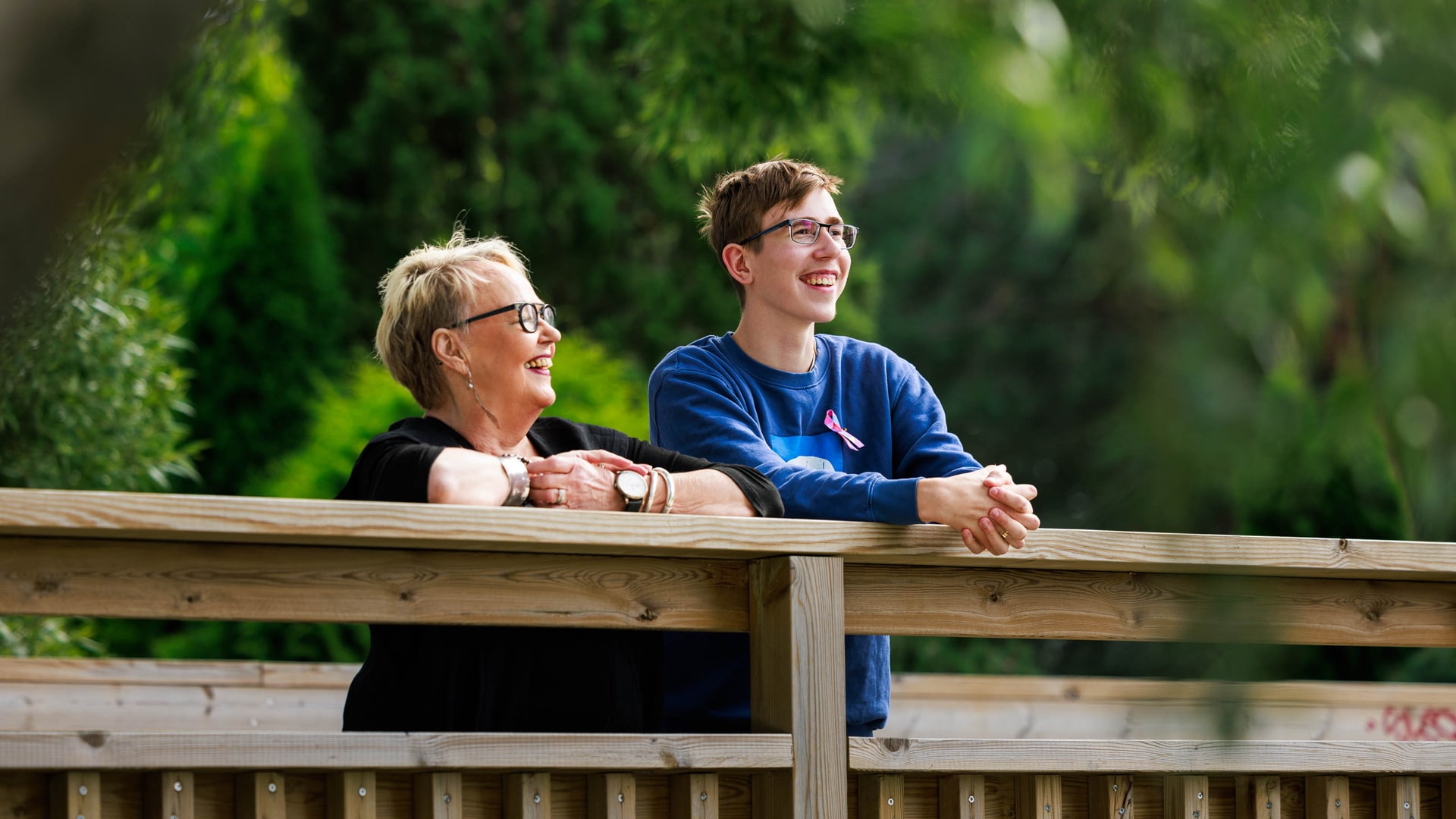
For patients
This page contains information and services that are helpful to you who have cancer.
Getting cancer is a crisis
It is natural that receiving a cancer diagnosis raises many strong emotions and many questions. Here you can find help to survive the crisis.
Read articleSupport and advice for people with cancer
Cancer organizations offers advice services, where you get help from nurses who specialize in cancer.
Read articleChoose the stage that interests you
Select the step you want information about. The content suitable for the stage opens.
Suspicion of cancer
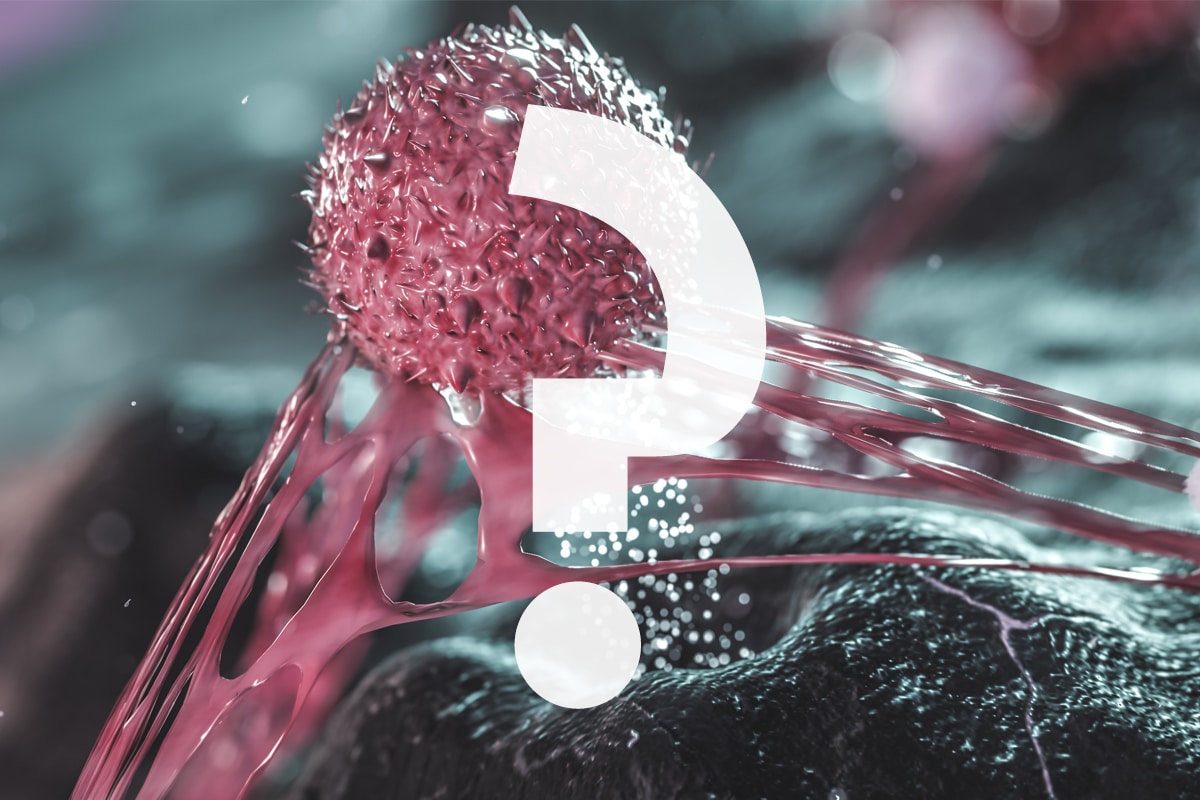
What is cancer?
Cancer is a general term for a large group of diseases, whose causes, characteristics and occurrence can vary greatly. There is no completely clear-cut definition of cancer. Cancer is particularly a disease of older people. Due to population ageing, we have seen an increase in cancer incidence.
Read article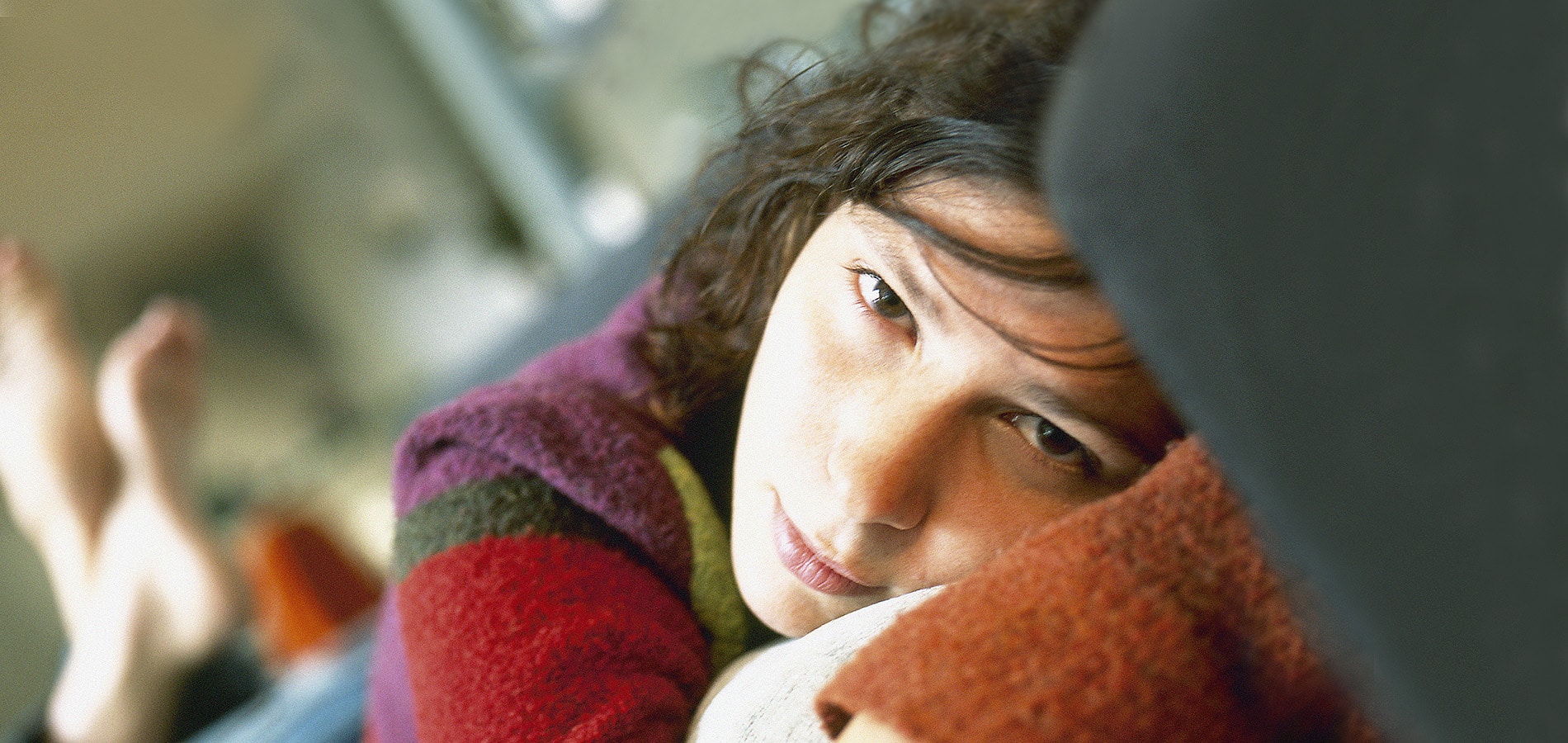
Cancer symptoms
Cancer has numerous symptoms. It may be asymptomatic for a long time or it may involve only very general symptoms, such as fatigue or weight loss.
Read article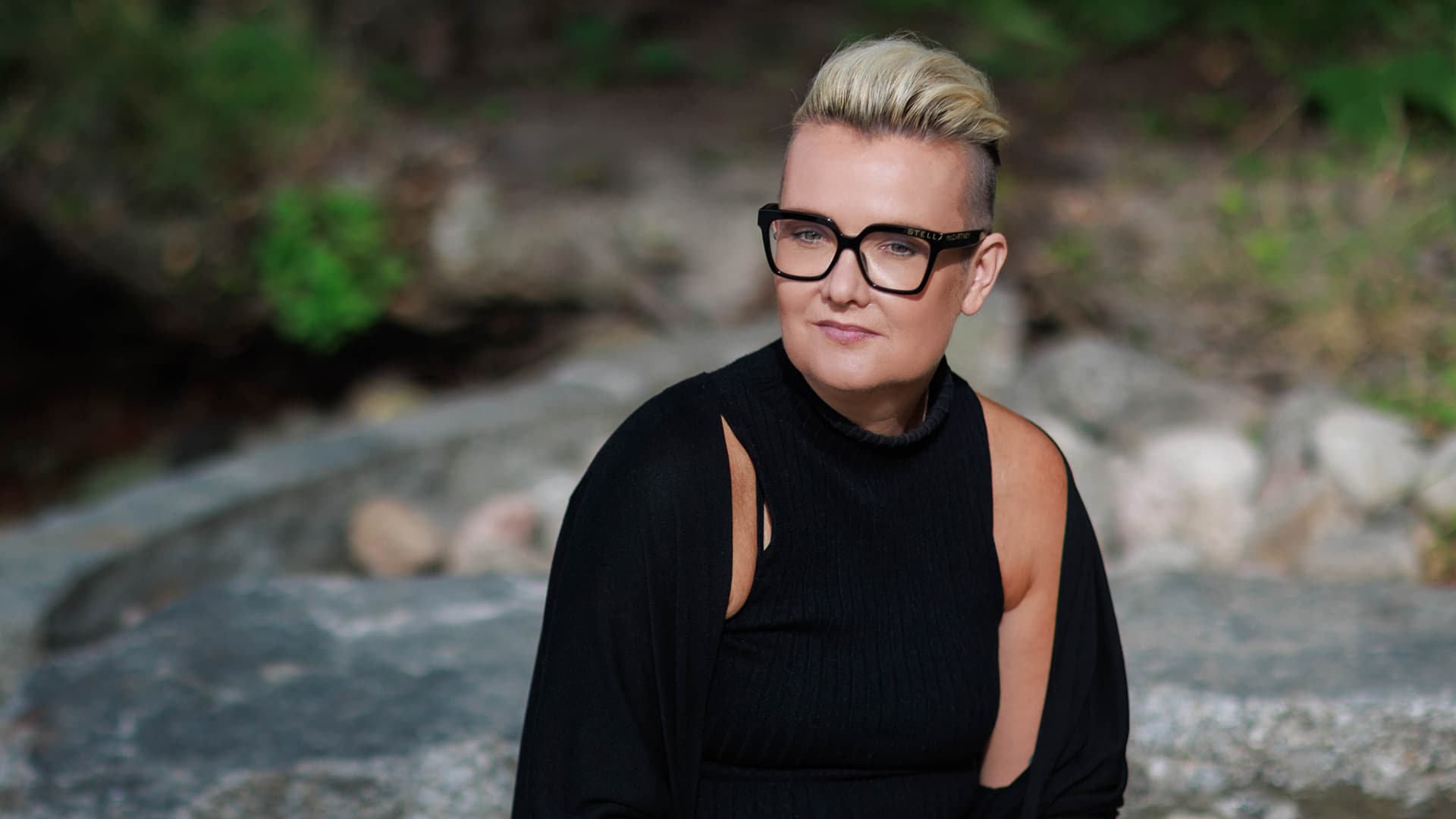
How do I cope with it all?
The strongest emotions often subside gradually over time, and adjustment becomes more and more an inner work in itself.
Read articleInvestigations and ascertainment
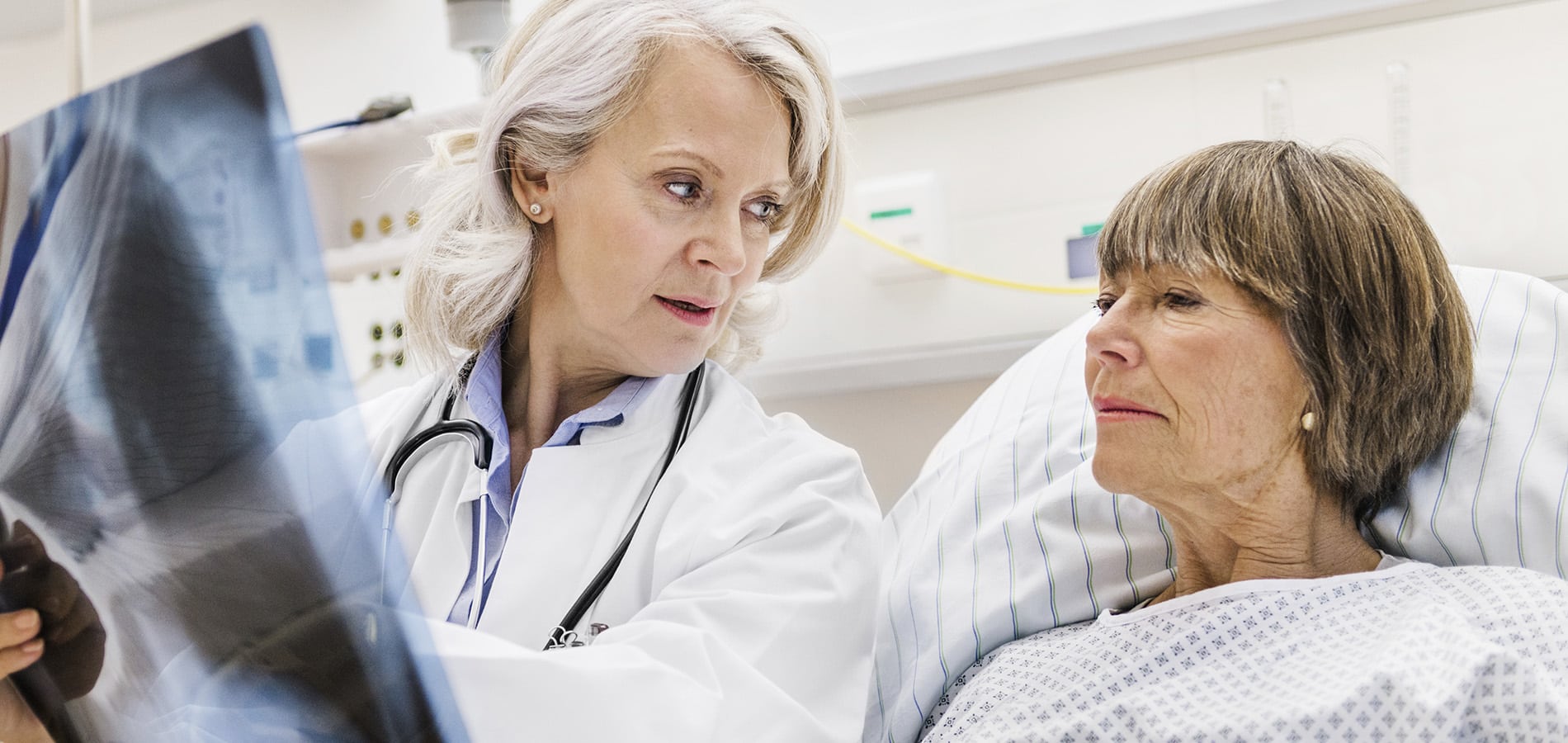
Detecting cancer
Detecting cancer is a multi-stage process. Often, the patient will go to a doctor because of some symptom or other. Sometimes cancer is discovered by chance or from screening. The final cancer diagnosis is based on a pathologist’s opinion.
Read article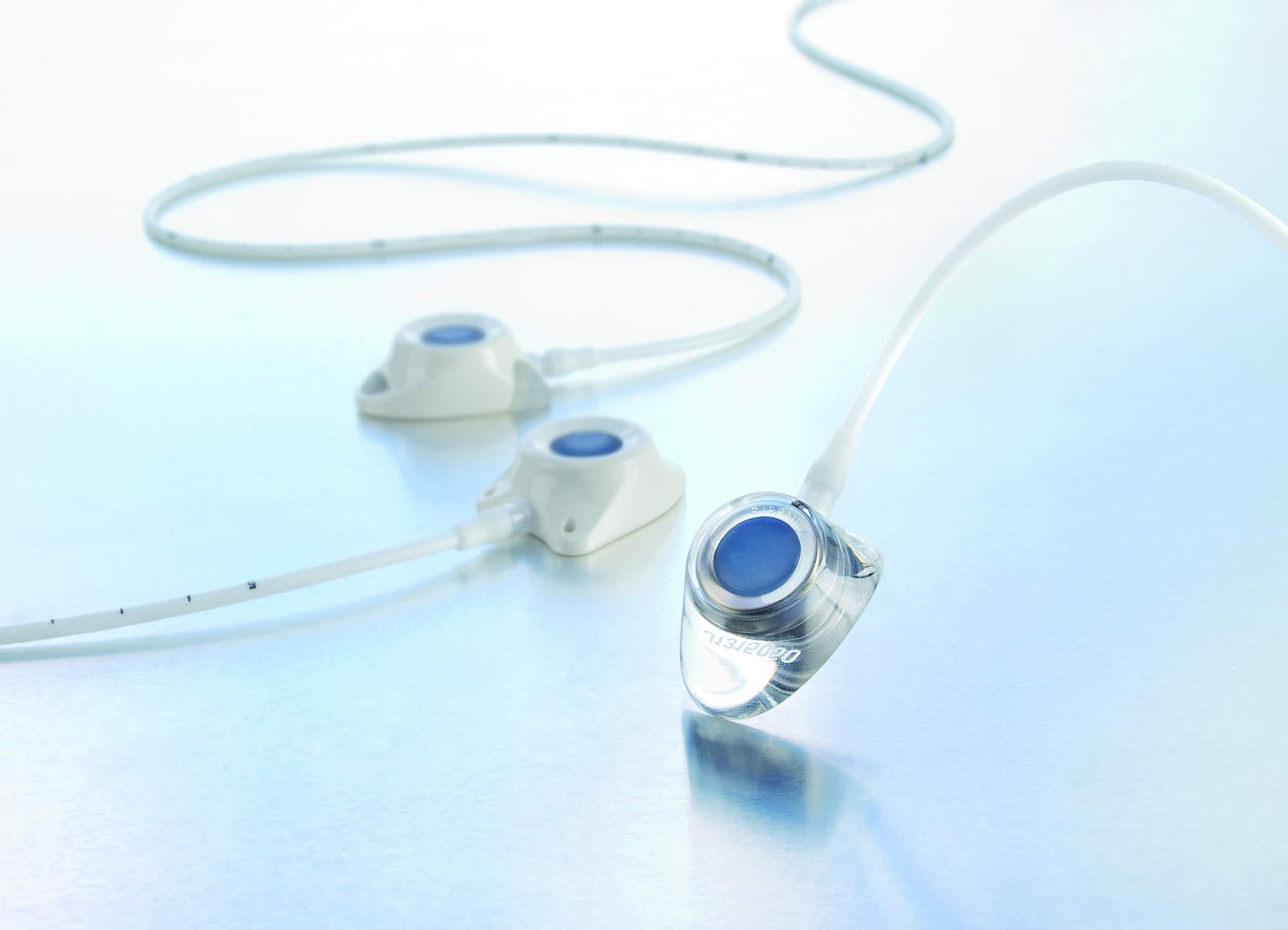
Diagnosis – It can’t be true!
Everyone has their own way of dealing with a cancer diagnosis. Very often it causes a crisis.
Read article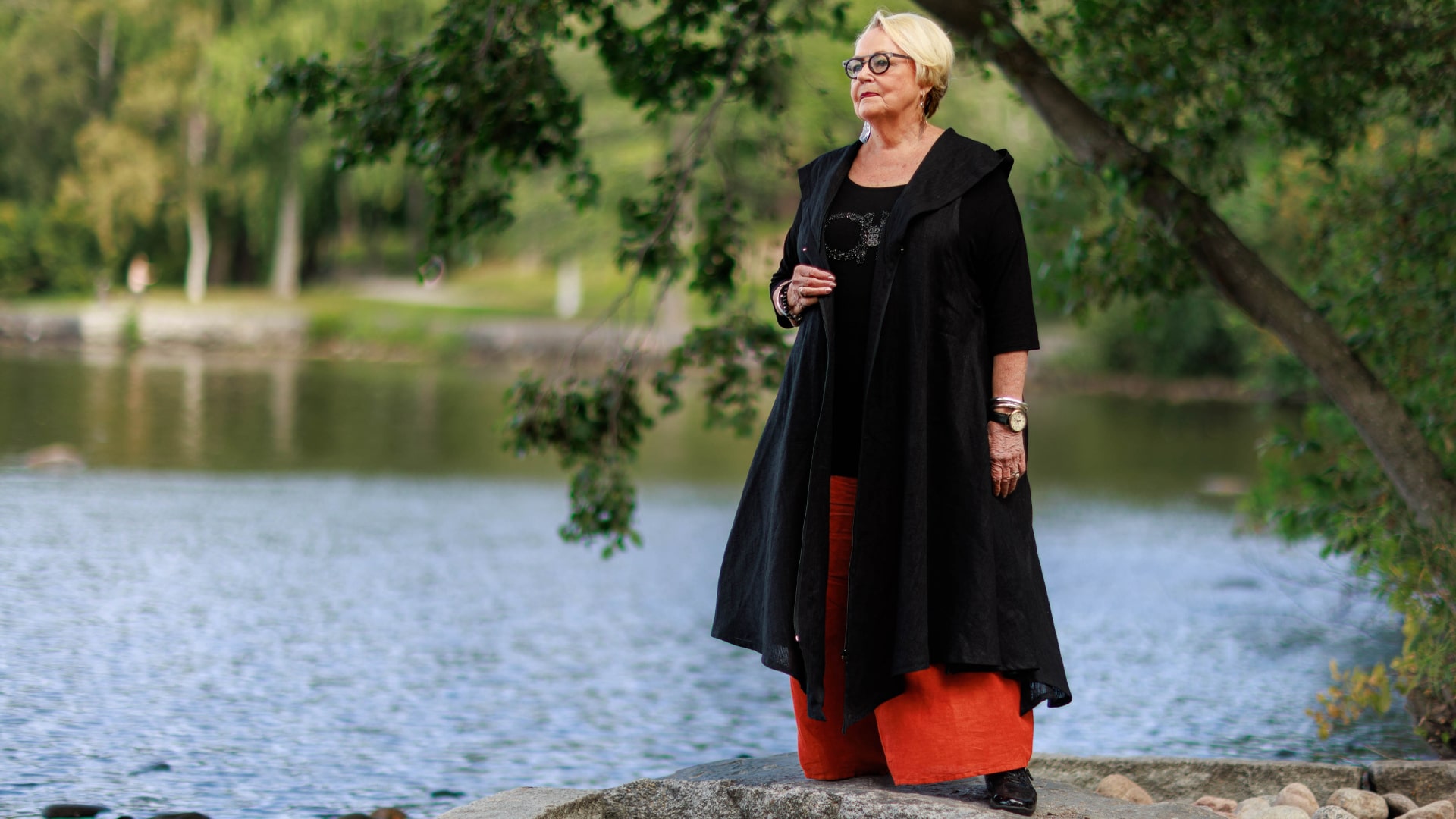
Fear, anxiety and stress
An unexpected diagnosis that shatters your dreams of a comfortable, predictable life can trigger fear and vulnerability.
Read articleCancer treatments
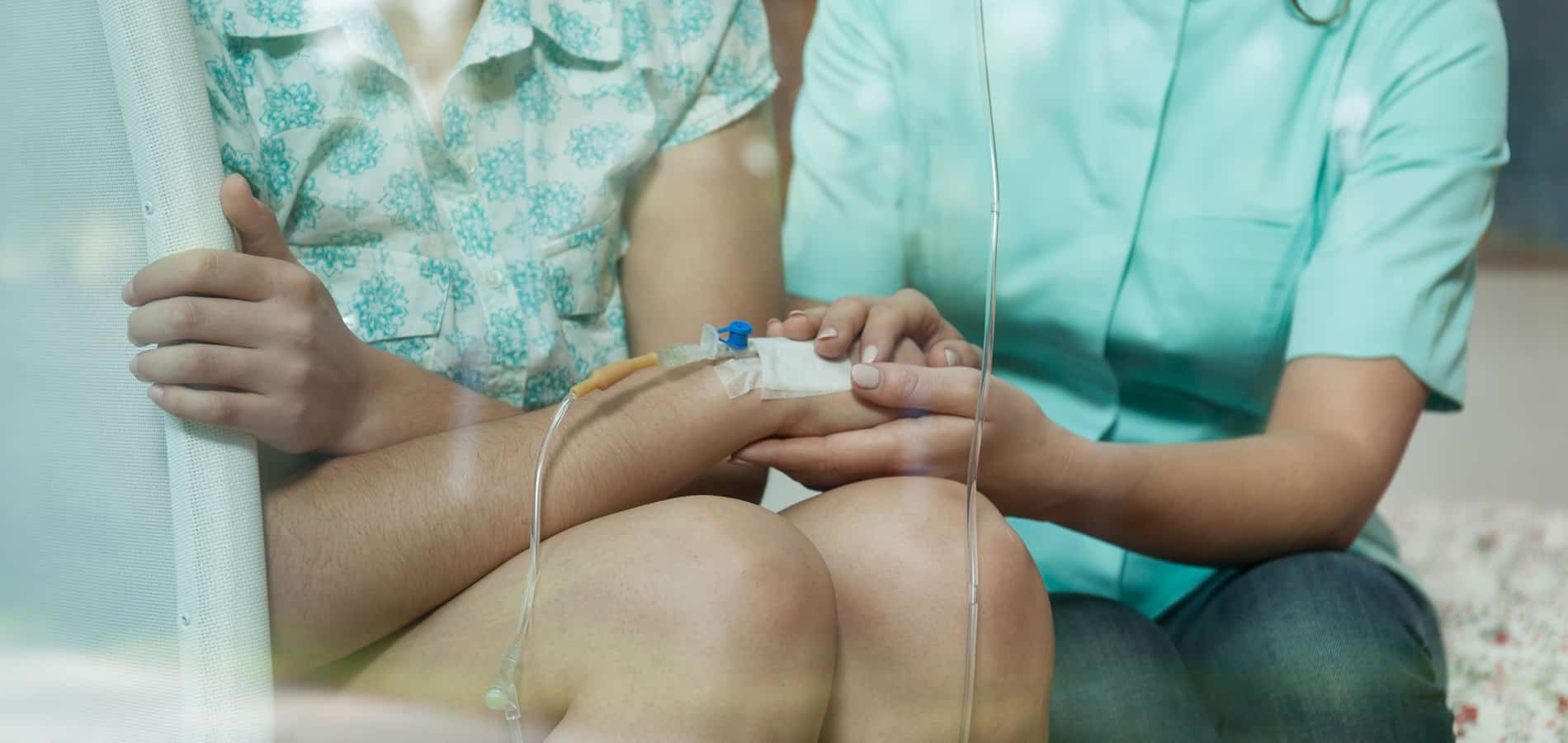
Cancer treatments
Cancer treatments are being continually developed. Increasingly more effective and better-targeted treatments are available. As treatment has developed, the outcomes have improved. Treatment outcomes in Finland are outstanding by international comparisons.
Read article
Cancer pain
Cancer and its treatments can cause many different types of pain. Cancer pain is the most common and most important symptom associated with cancer regarding quality of life. Around half of people with cancer experience pain.
Read article
Good nutrition
Good nutrition is particularly important if you have cancer, as it will help you stay as fit as possible.
Read articleFollow-up phase and recovery
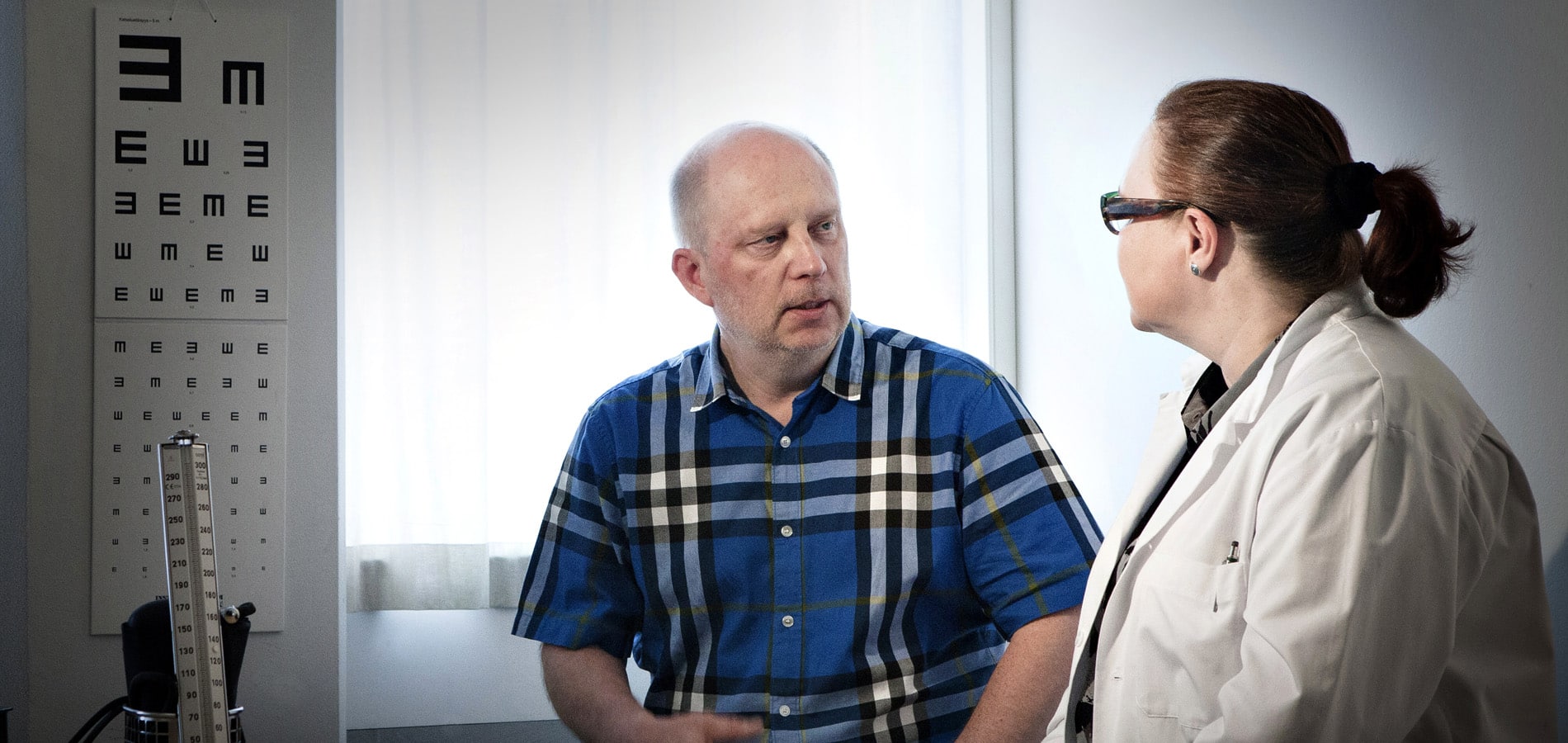
Follow-up care
After treatment, you will be followed up. Cancer patients are followed up at regular intervals. Follow-up varies depending on the type of cancer and how far the cancer has spread. You may receive follow-up care for some time after treatment in a specialist hospital and then transfer to primary care.
Read article
How to go on?
For more and more people, cancer can be cured or at least controlled so that you can live a near-normal life. The end of treatment can feel both relieving and frightening at the same time.
Read article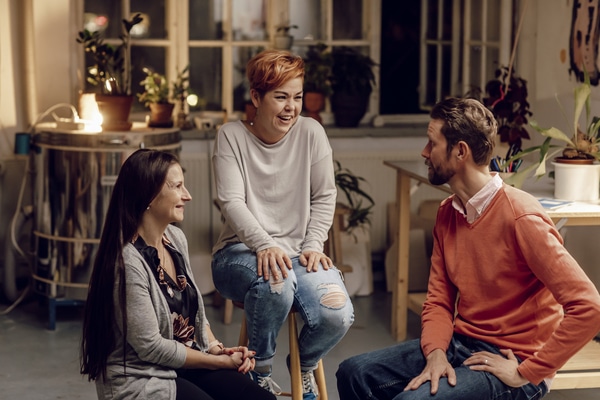
Cancer and work
When you are diagnosed with cancer, the first thing that may come to mind is that there will be a long period off work. But as with many other illnesses, cancer does not necessarily result in work incapacity or being off work for a long period.
Read articleLive after cancer

Back to work after cancer
A long absence from work may require support, flexibility and rehabilitation. The best results come from cooperation between the employer, employee and occupational health service.
Read article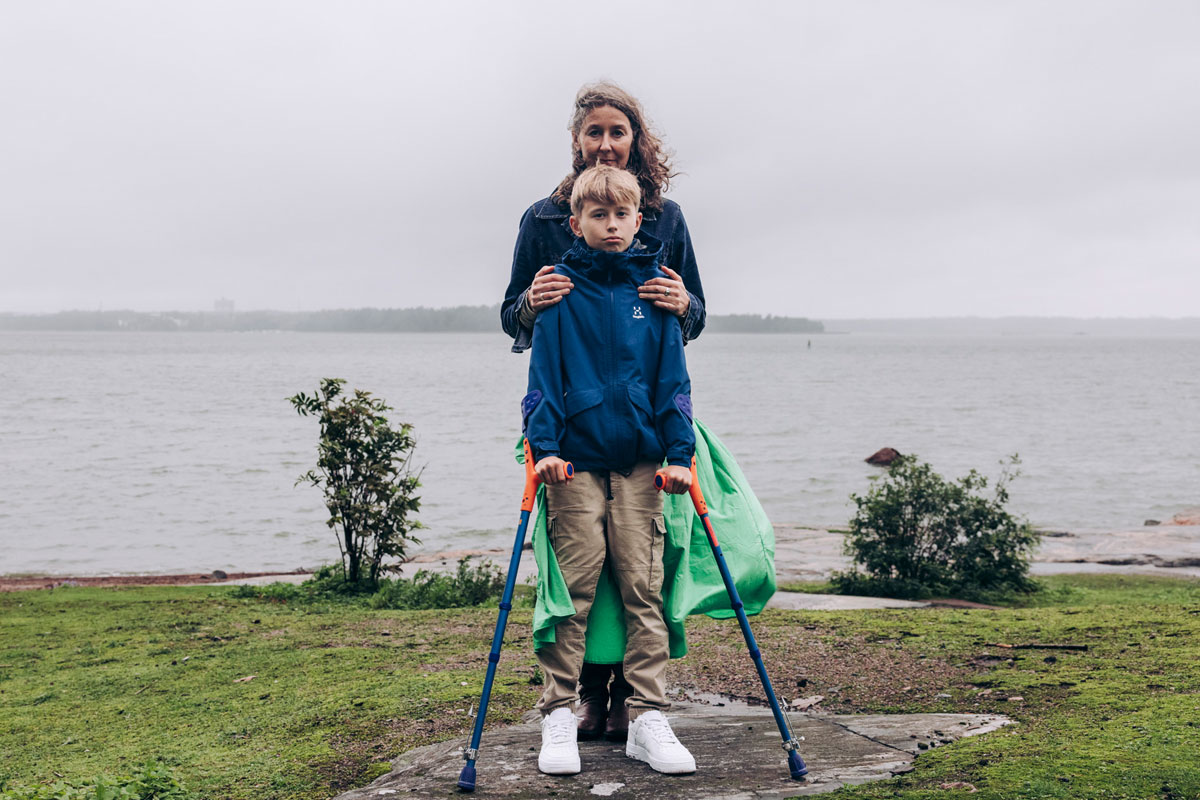
Cancer genetics
According to current estimates, only about one in 10 cases of cancer is associated with hereditary predisposition. Cancer is not inherited.
Read article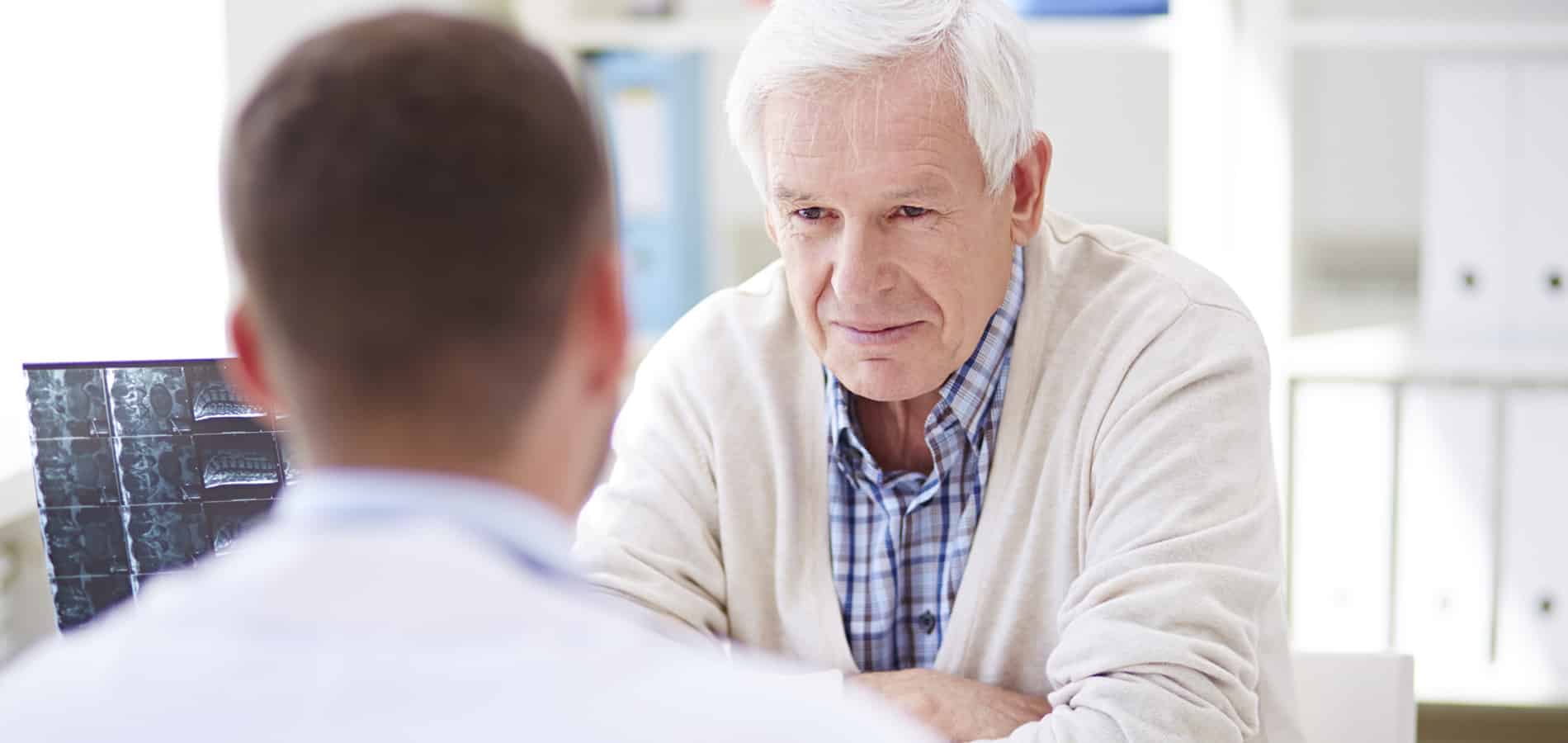
Cancer patients’ rights
Patients are entitled to receive good health and medical care and treatment that do not violate their human dignity, beliefs or privacy. Finland has a law on the status and rights of patients.
Read articleCancer recurrence
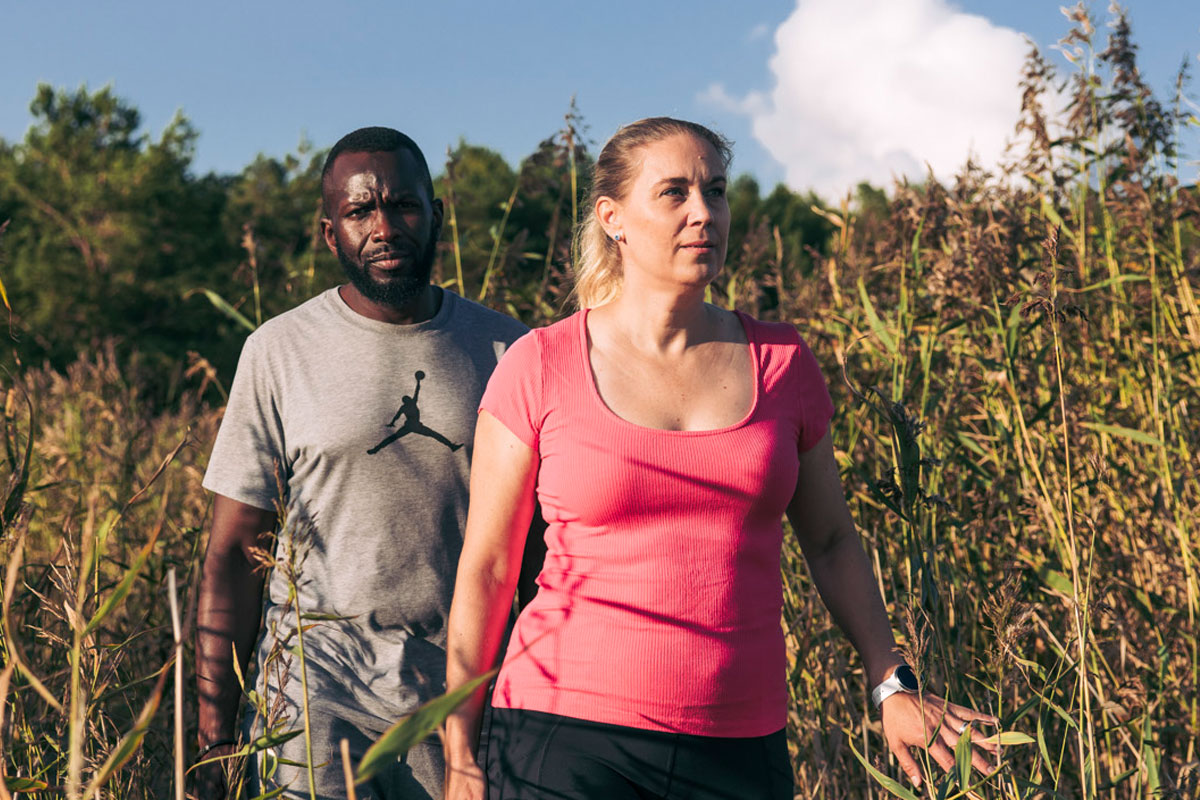
Supporting a person who is ill
Seeing a loved one suffering and in pain can make you feel helpless and insecure. You both have your own suffering to deal with. You would like to be there to support and help them, but you don’t know how or in what way.
Read article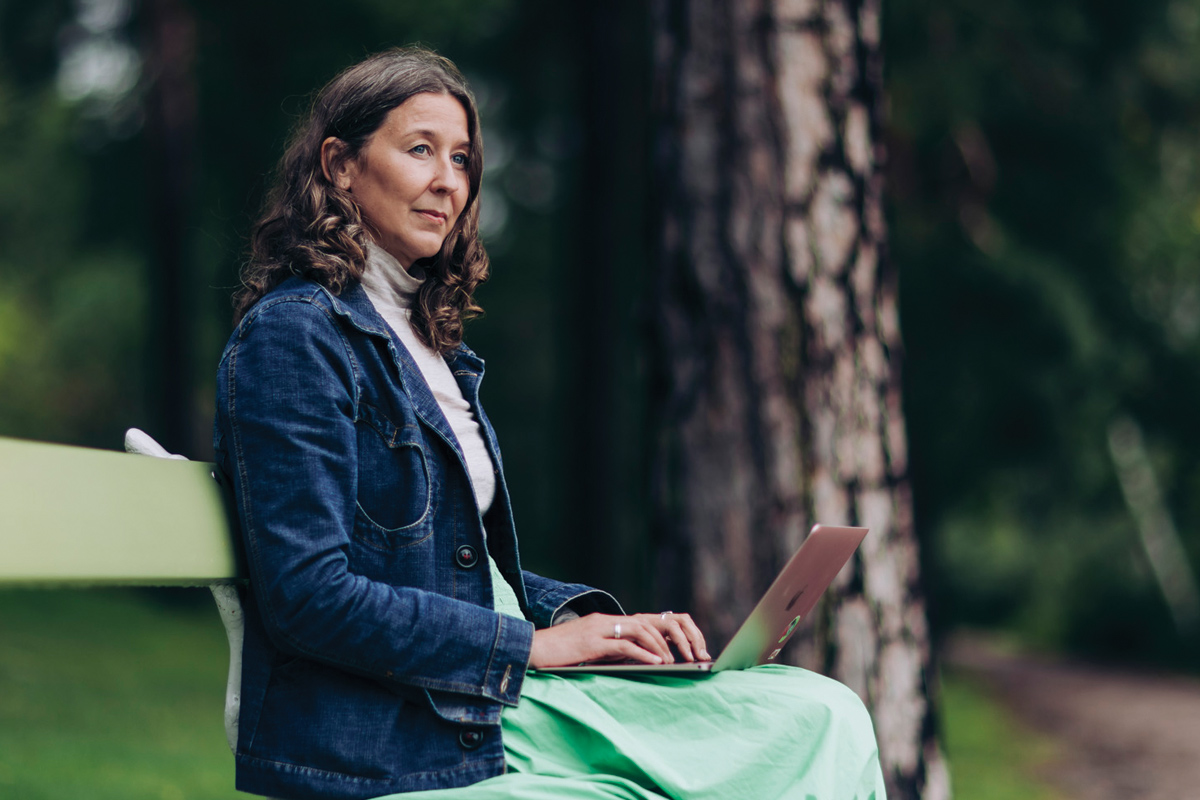
Cancer and your finances
Having cancer can radically undermine your and your family’s financial situation. Even in the early stages of the disease it is good to bear in mind that dealing with various expenses, benefits and reimbursements will require some effort on your part.
Read article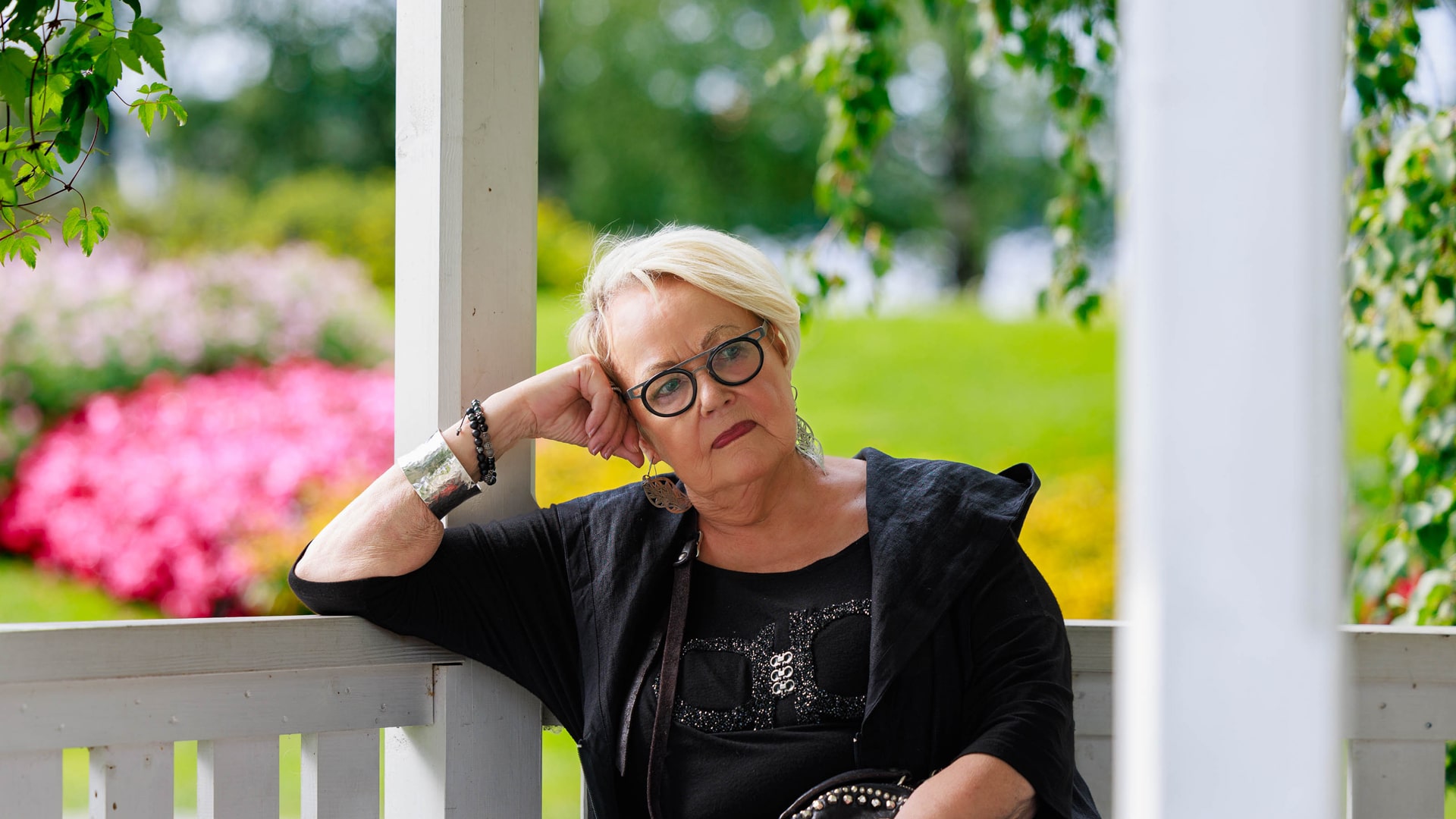
Anger
Cancer can bring the experience of life’s limitations and the awareness that life is not proceeding as you had expected and planned. Understandably, this brings frustration and anger.
Read articleChronic cancer and palliative care
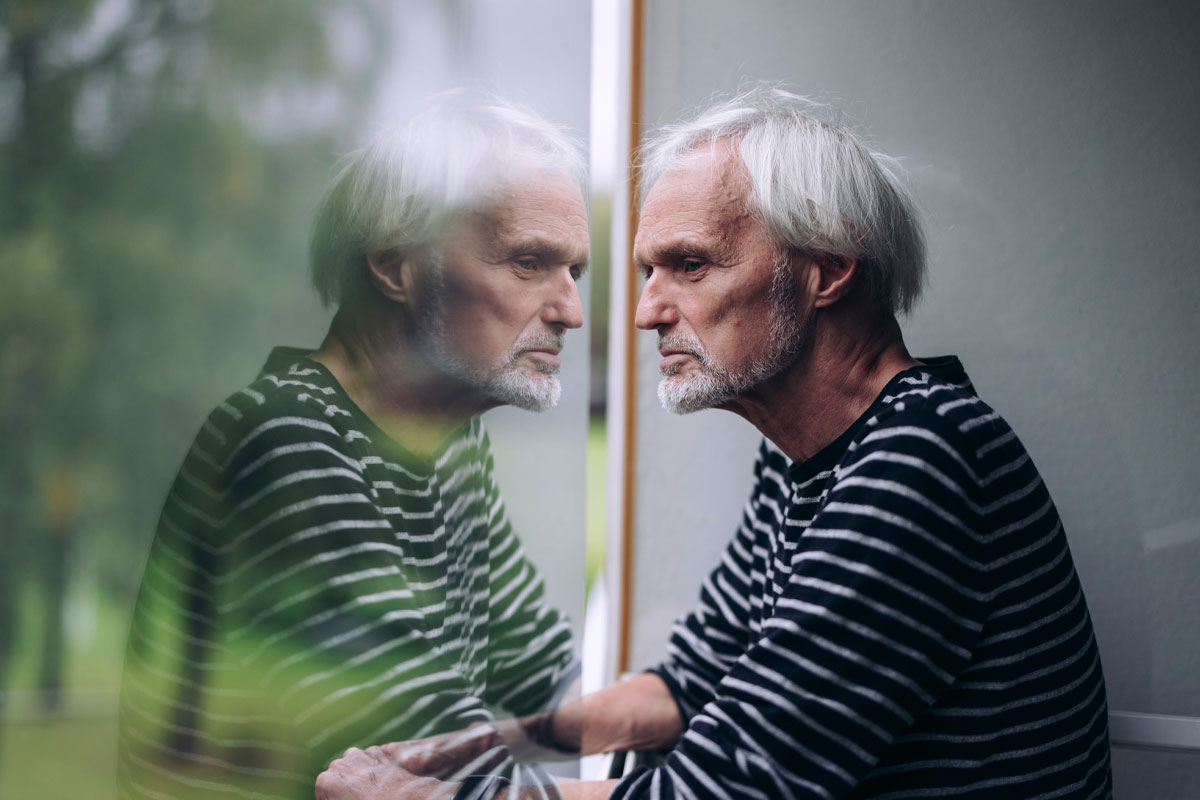
Chronic cancer
Cancer cannot always be cured permanently, but the spread of the disease can be stopped or slowed down. This is called chronic cancer. Chronic cancer can progress very slowly or remain unchanged.
Read article
Palliative and hospice care
The aim of palliative care is to relieve symptoms and improve the patient’s quality of life.
Read article
Treating cancer pain
Treatment for cancer pain always aims to get rid of the cause of the pain, if possible. If a tumour cannot be removed, radiotherapy or chemotherapy can often shrink it.
Read article